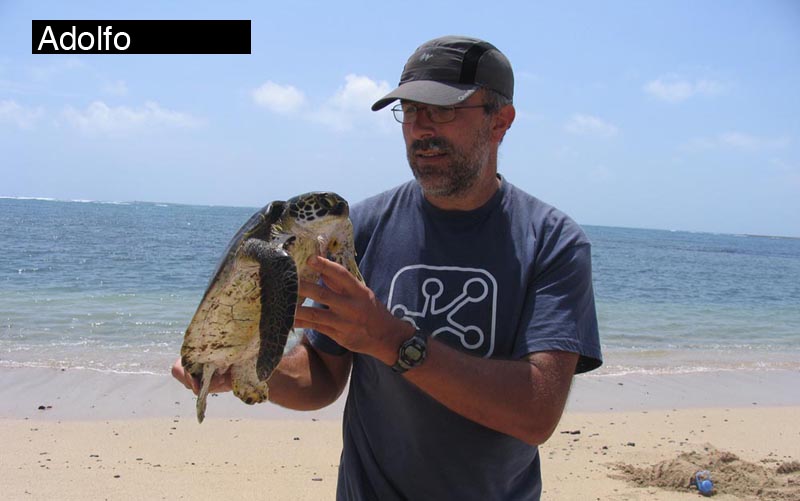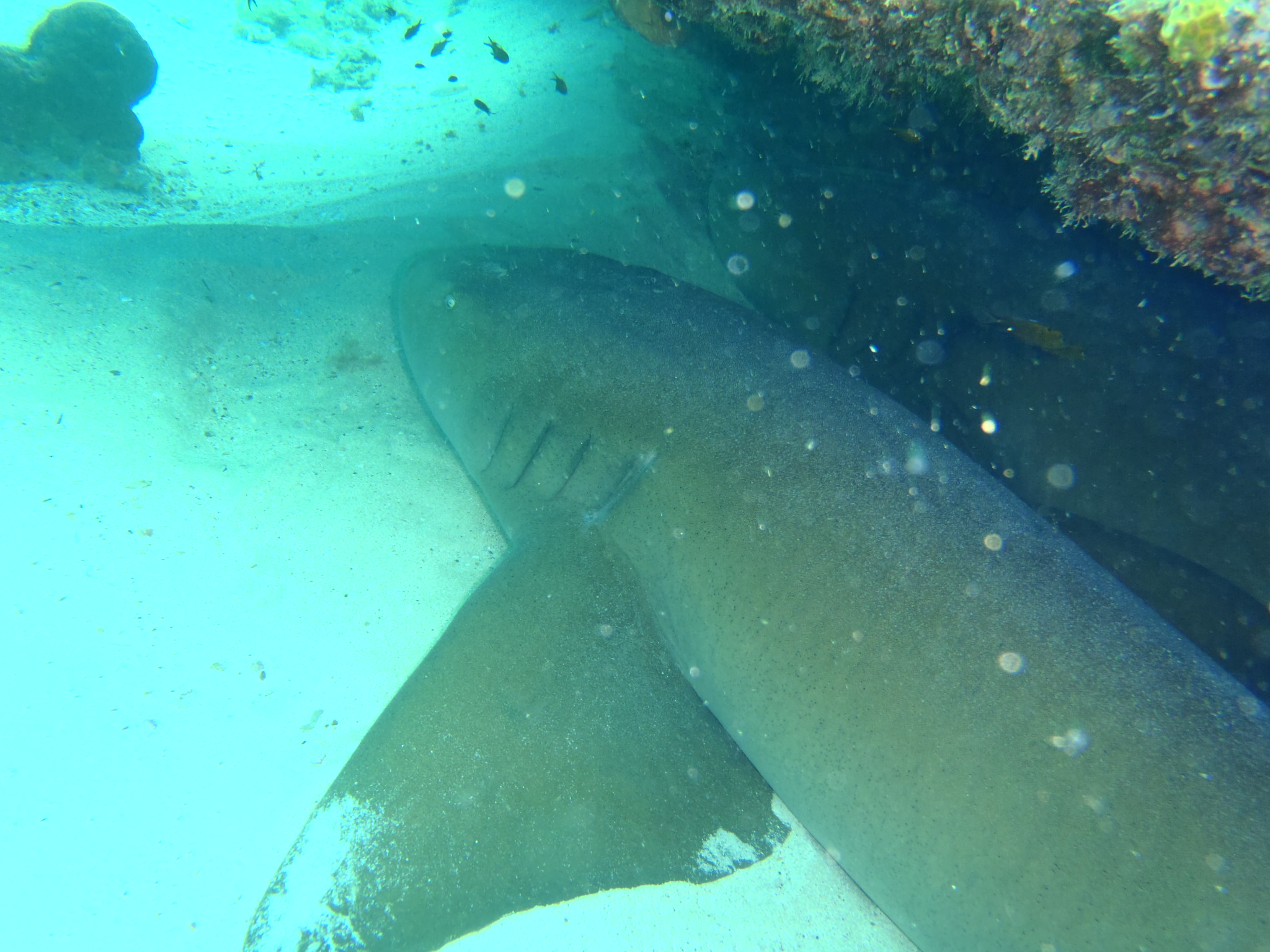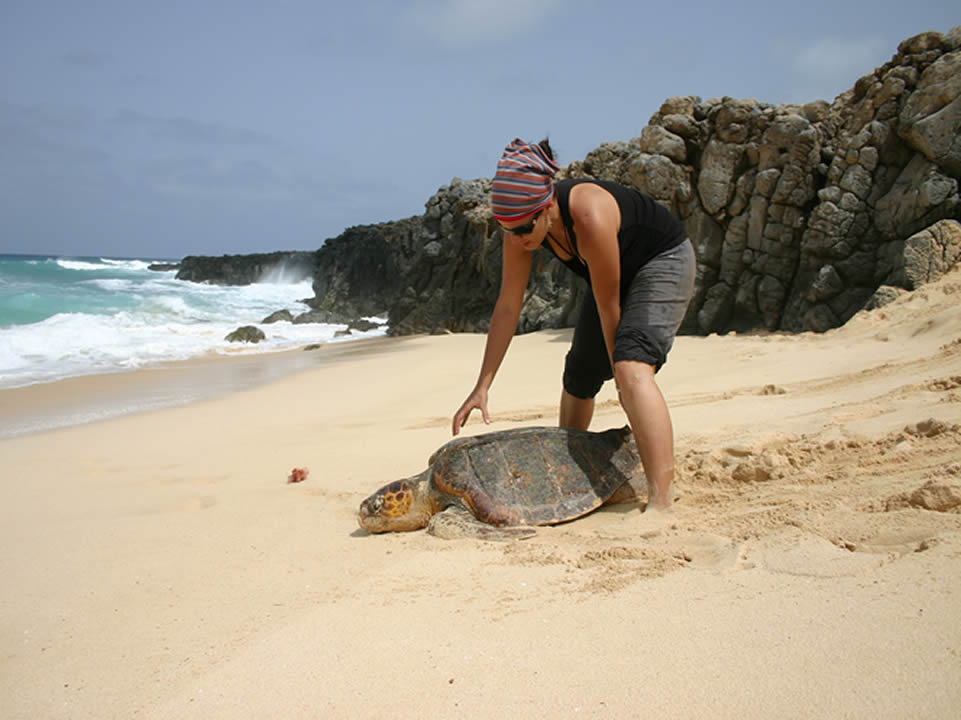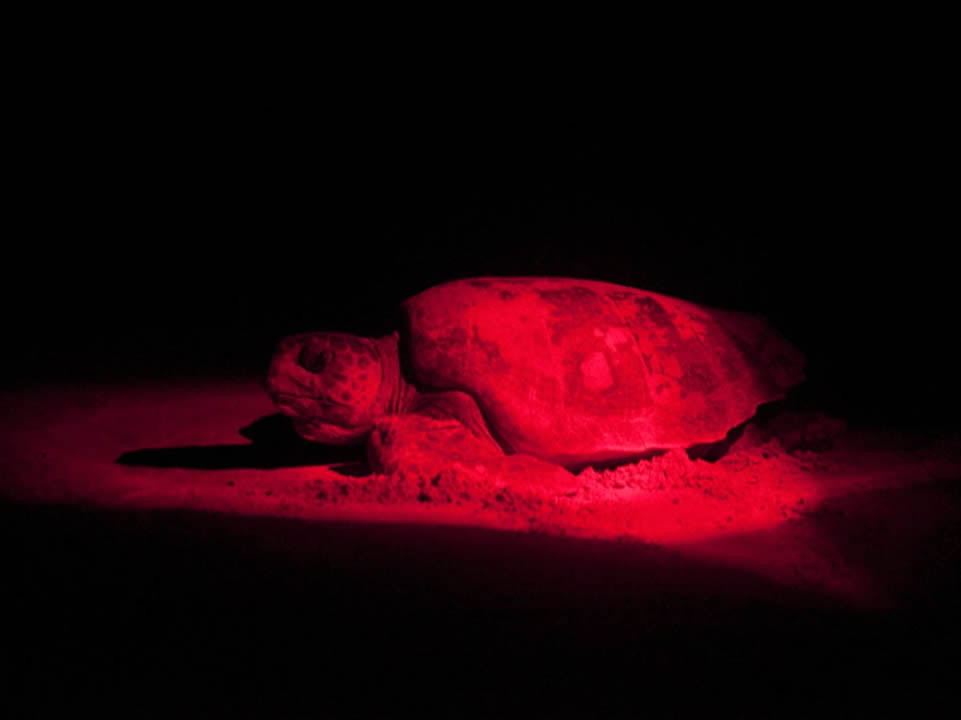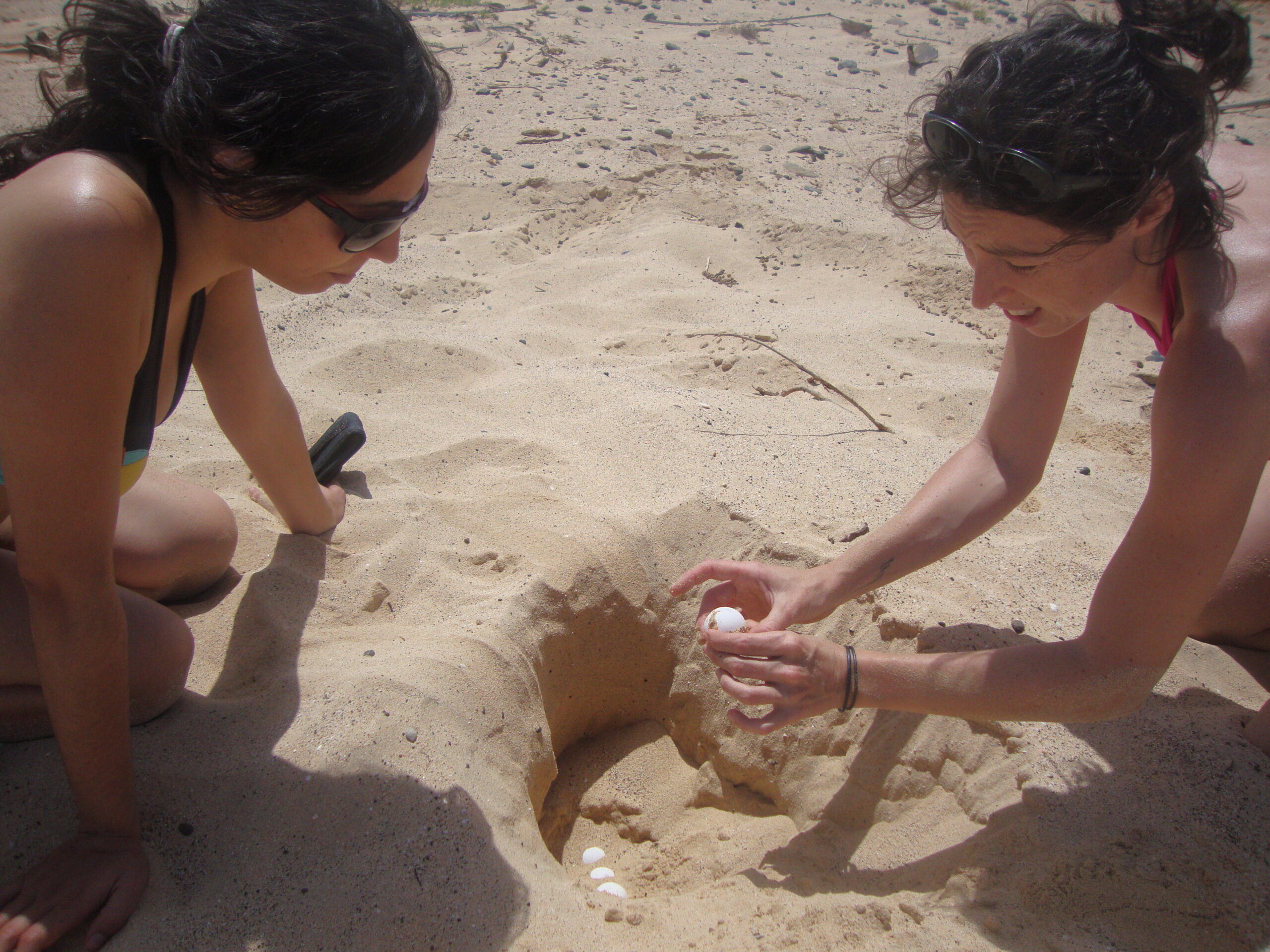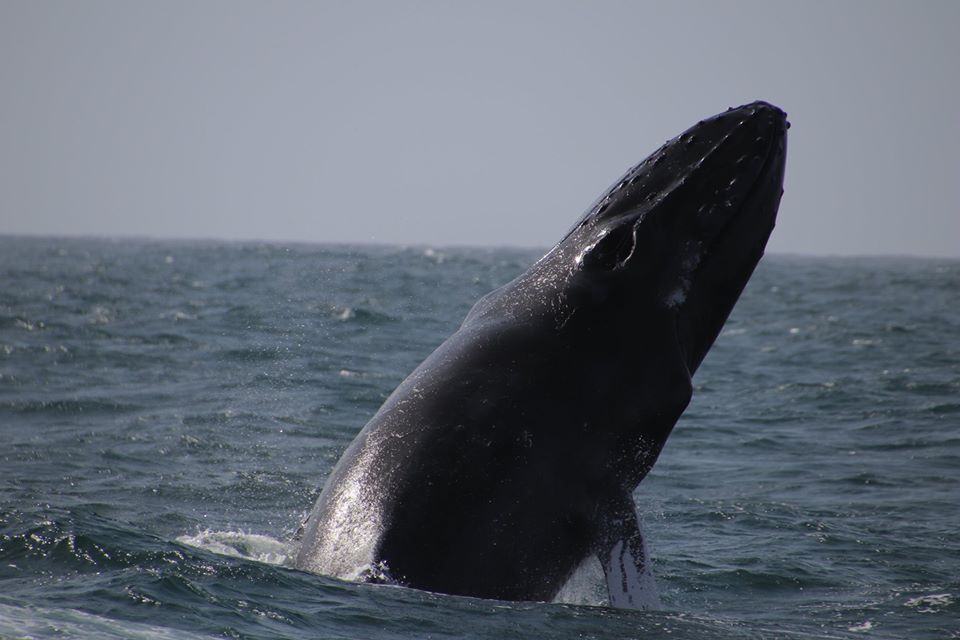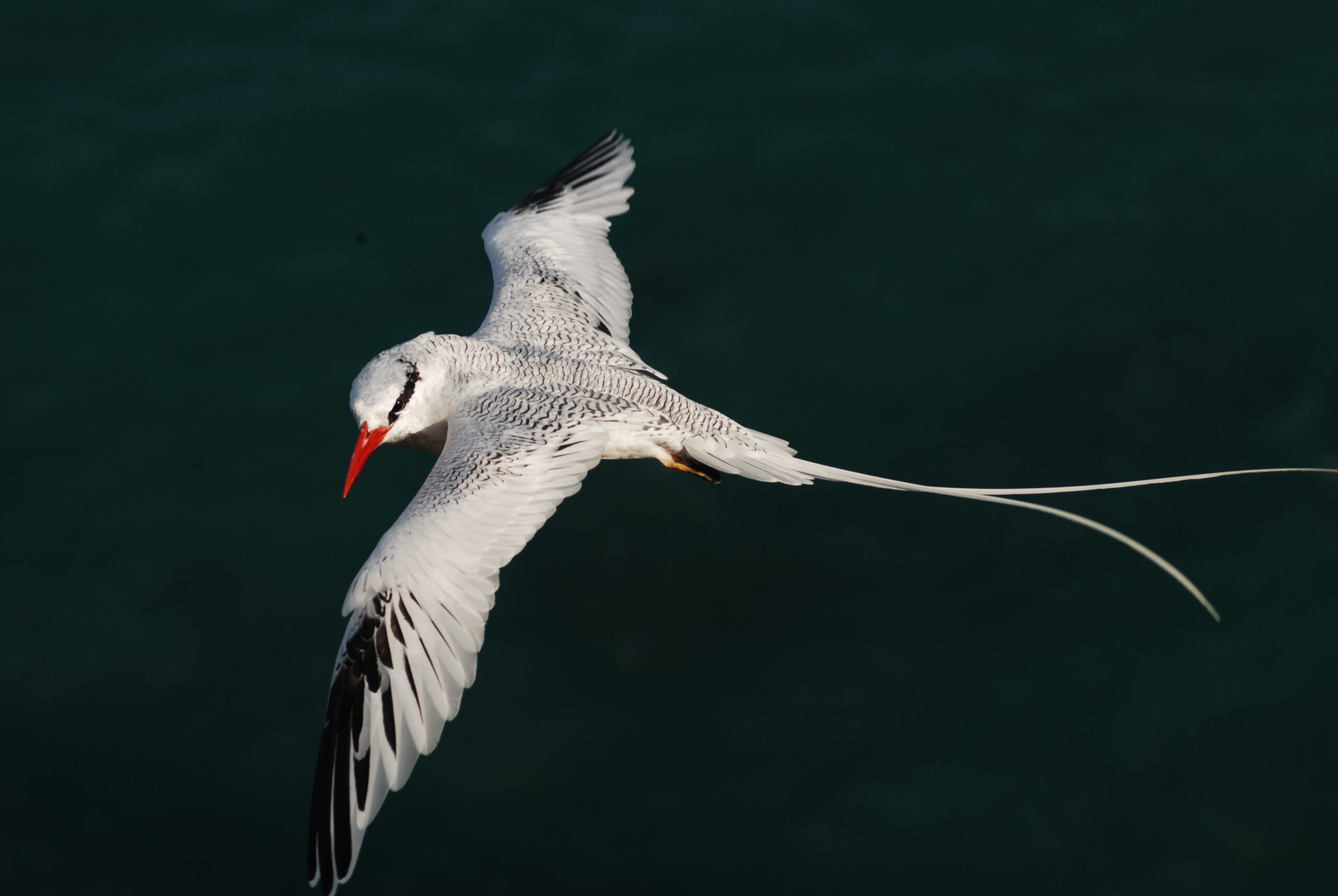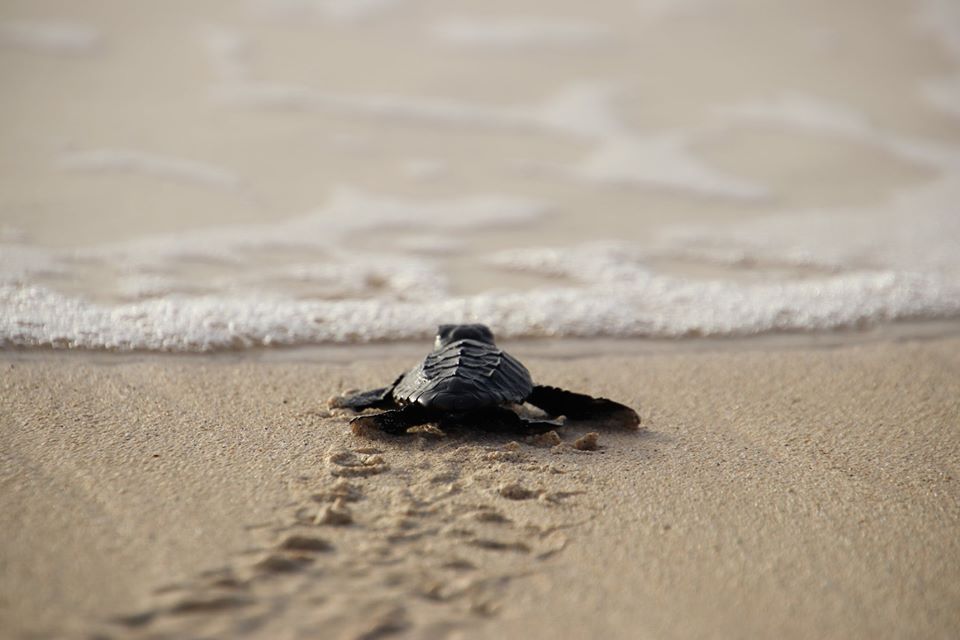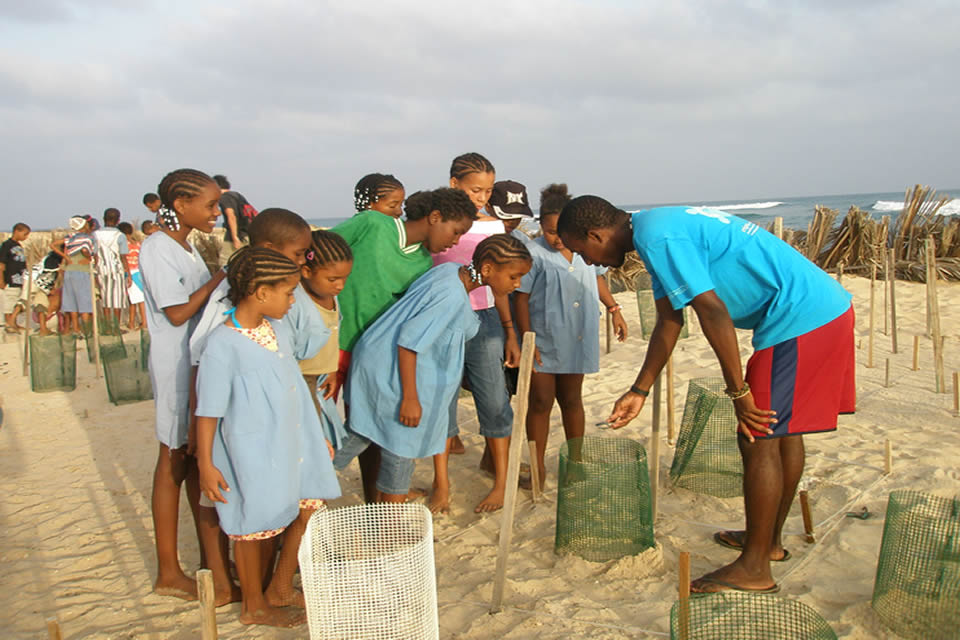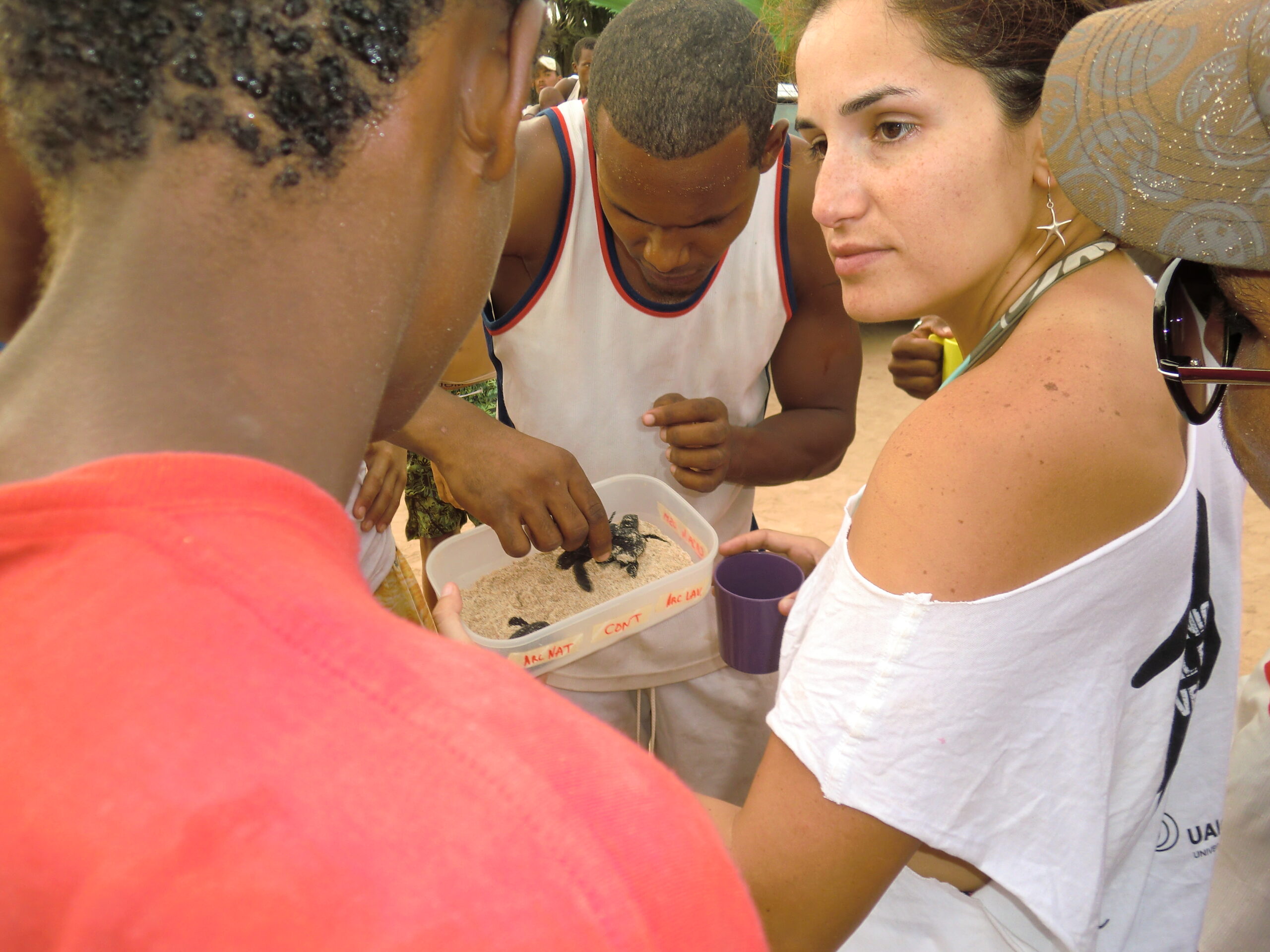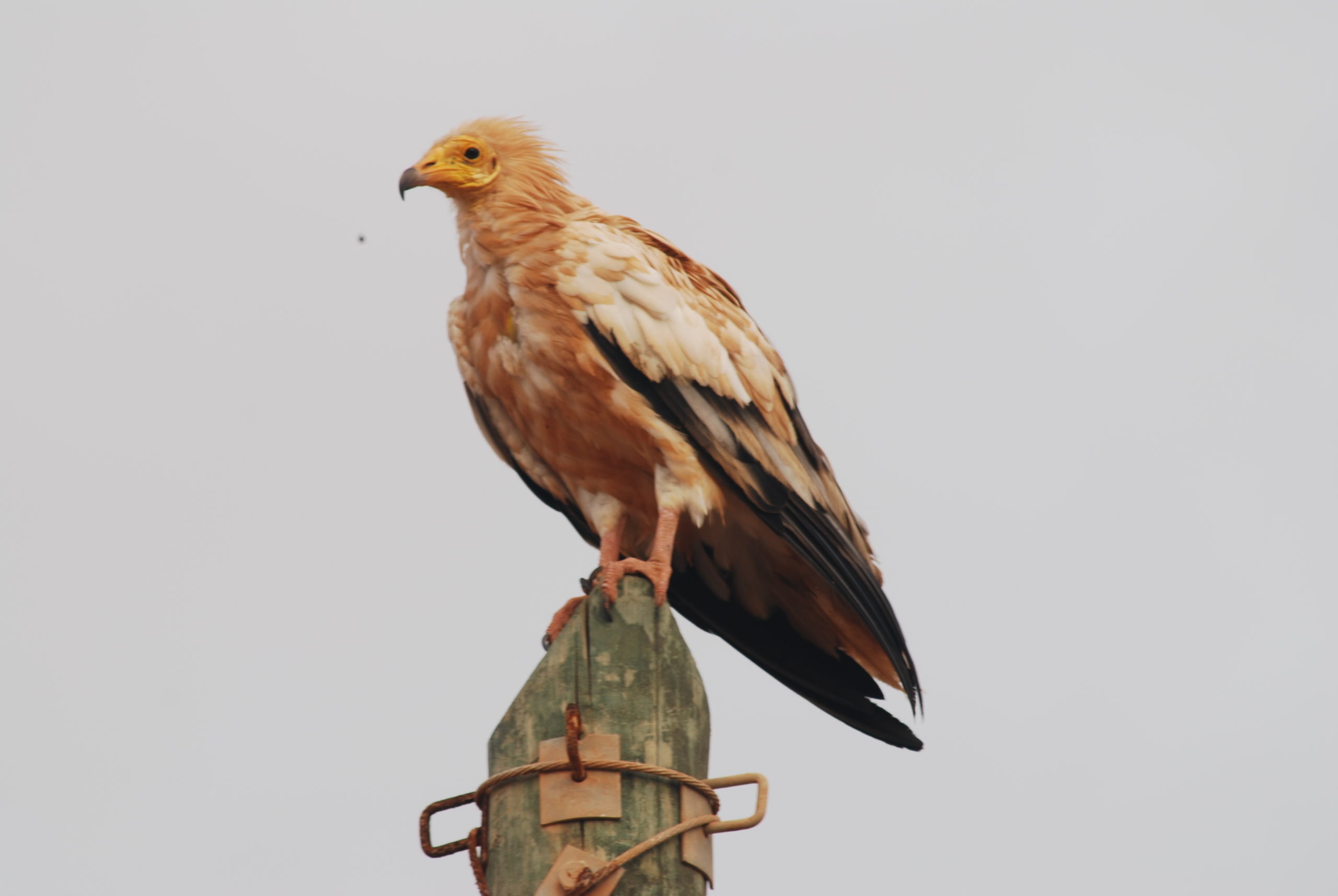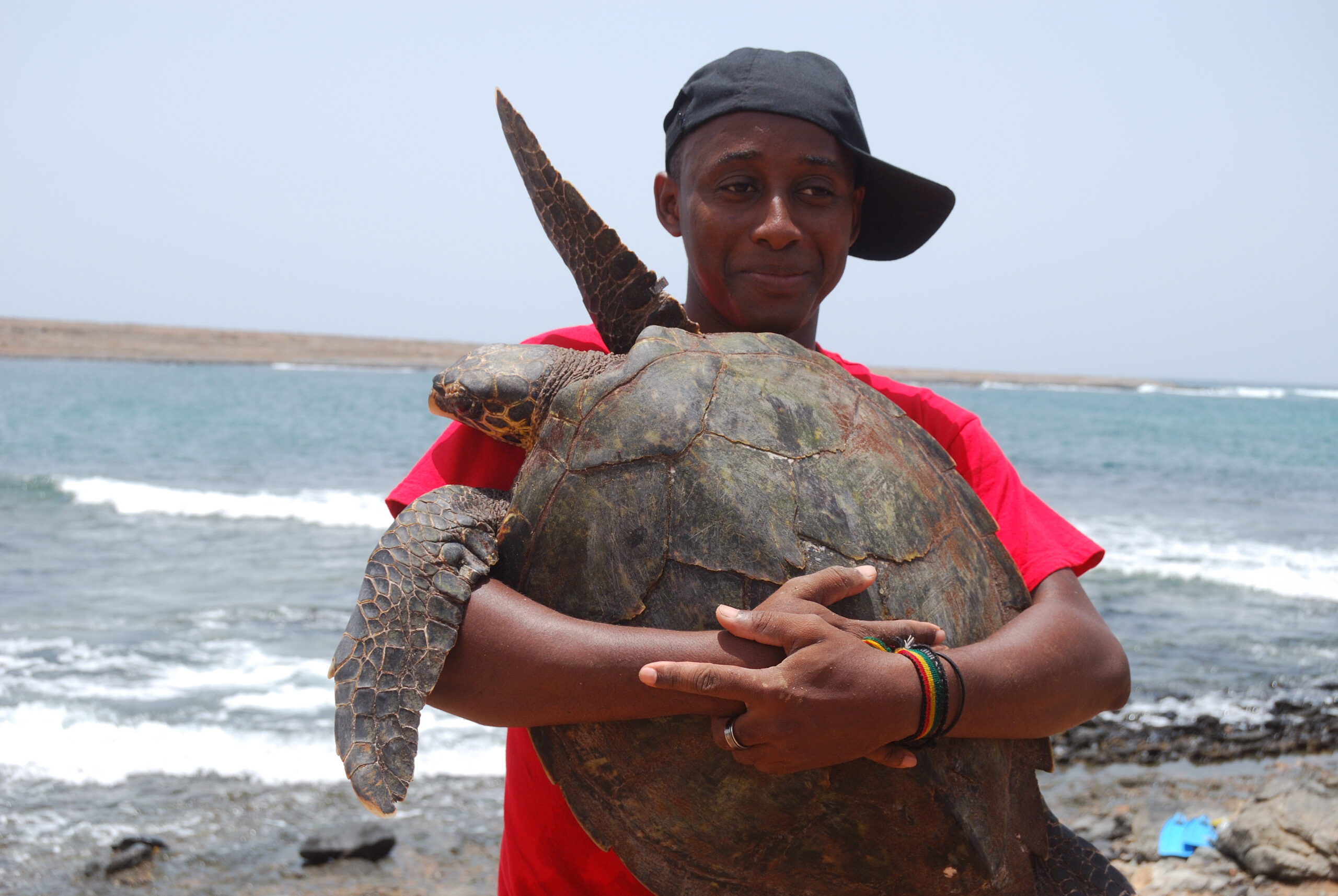BIOS.CV is composed of national and international nature conservation professionals, with a deep knowledge of Cape Verde’s ecosystems and species. Marine biologists, veterinarians, researchers, university professors and ecotourism entrepreneurs, among others, have been promoting and preserving Cape Verde’s biodiversity and marine and coastal ecosystems for 8 to 14 years.
In BIOS.CV, you will find a technical and human team prepared to perform various tasks related to environmental conservation and sustainable development. With a long history of collecting data for scientific studies and with extensive experience in environmental education and training, members of BIOS.CV conducted studies, reports and actions for national and international administrations, research centers and teaching centers and private companies, always offering high quality performance on your projects.


